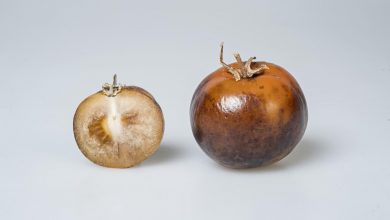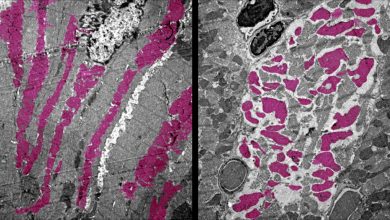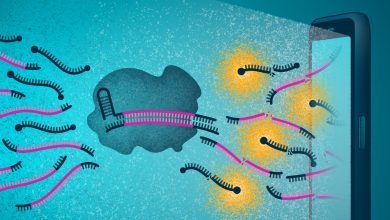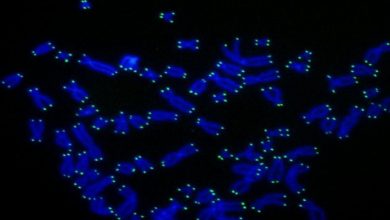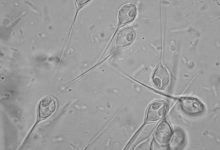
Bariatric surgery is the weight loss surgery which helps in significant weight loss for long-term as well as recovery from diabetes type 2. Still, there is relatively less number of patient who undergoes this surgery despite having so many health benefits improvements in quality of life and diabetes remission.
A new study published in Journal Nature Material led to the finding of a new treatment which has the same benefit as the weight loss surgery like improvements in quality of life and diabetes reduction and can have wider appeal and applications.
The team reported an oral agent which was tested in rats to deliver a substance that could prevent contact between nutrient and lining in the proximal bowel by coating the intestine due to which blood sugar level does not peak up post meal.
“We envision a pill that a patient can take before a meal that transiently coats the gut to replicate the effects of surgery,” said co-senior author Jeff Karp, Ph.D., a bioengineer and principal investigator at BWH. “Over the last several years, we’ve been working with our surgical colleagues on this idea and have developed a material that meets an important clinical need.”
During their research, the team was searching for a substance having the property to adhere to the small intestine and can dissolve within hours. So they selected FDA approved drug Sucralfate which is used in the treatment of gastrointestinal ulcer. The team further engineered the substance into a novel material that can coat the lining of the intestine without requiring activation by gastric acid. The engineered compound, referred to as LuCI (Luminal Coating of the Intestine), can be made into a dry powdered form that can be encapsulated as a pill.
“What we’ve developed here is essential, ‘surgery in a pill,'” said co-lead author Yuan Lee, Ph.D., a materials scientist in the BWH Division of Engineering in Medicine. “We’ve used a bioengineering approach to formulate a pill that has good adhesion properties and can attach nicely to the gut in a preclinical model. And after a couple of hours, its effects dissipate.
During their research, the team used rats as a test model and found that LuCI can coat the gut of the rat which acts as a thin barrier that changes nutrient contact and lowers blood glucose response after a meal. After a meal, blood sugar levels rise and can stay elevated over time. But they found that the response to glucose was lowered by 47 percent after LuCI was administered in the rats for 1 hour. The team found that this response was temporary, and after three hours, the effect essentially disappeared.
The team is now testing the effect of short- and long-term use of LuCI in diabetic and obese rodent models. They also plan to advance some of their pilot studies showing that LuCI can be used to deliver drugs, including proteins directly to the gastrointestinal tract.
“Gastric bypass is one of the best studied surgeries in the world, and we know that it can lead to many benefits including positive effects for blood pressure, sleep apnea and certain forms of cancer, and a remarkably fast and weight-independent improvement in diabetes,” said Tavakkoli, co-senior author of the study. “Having a transient coating that could mimic the effects of surgery would be a tremendous asset for patients and their care providers.”

